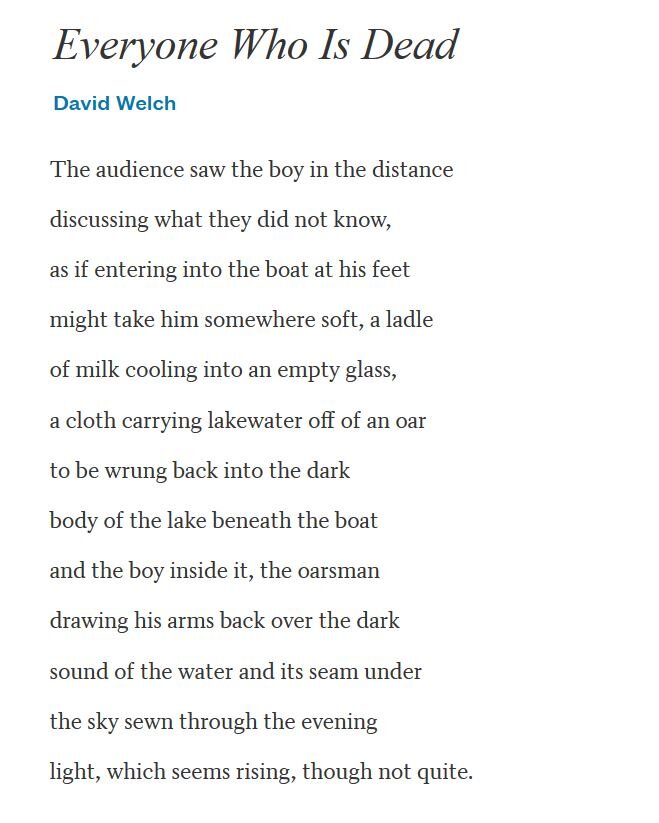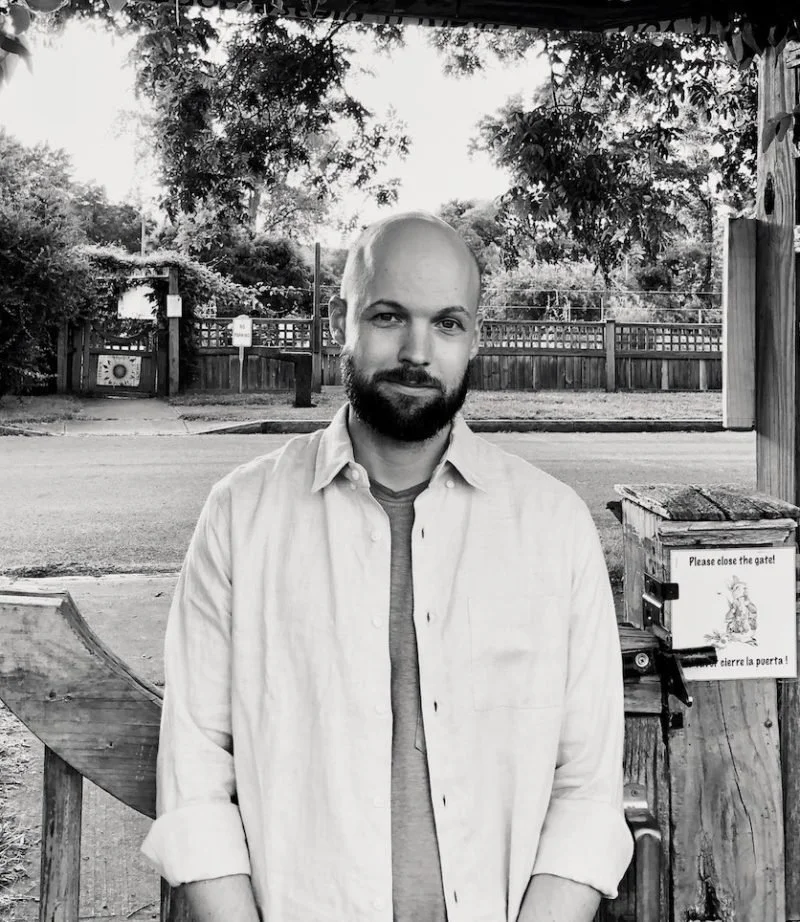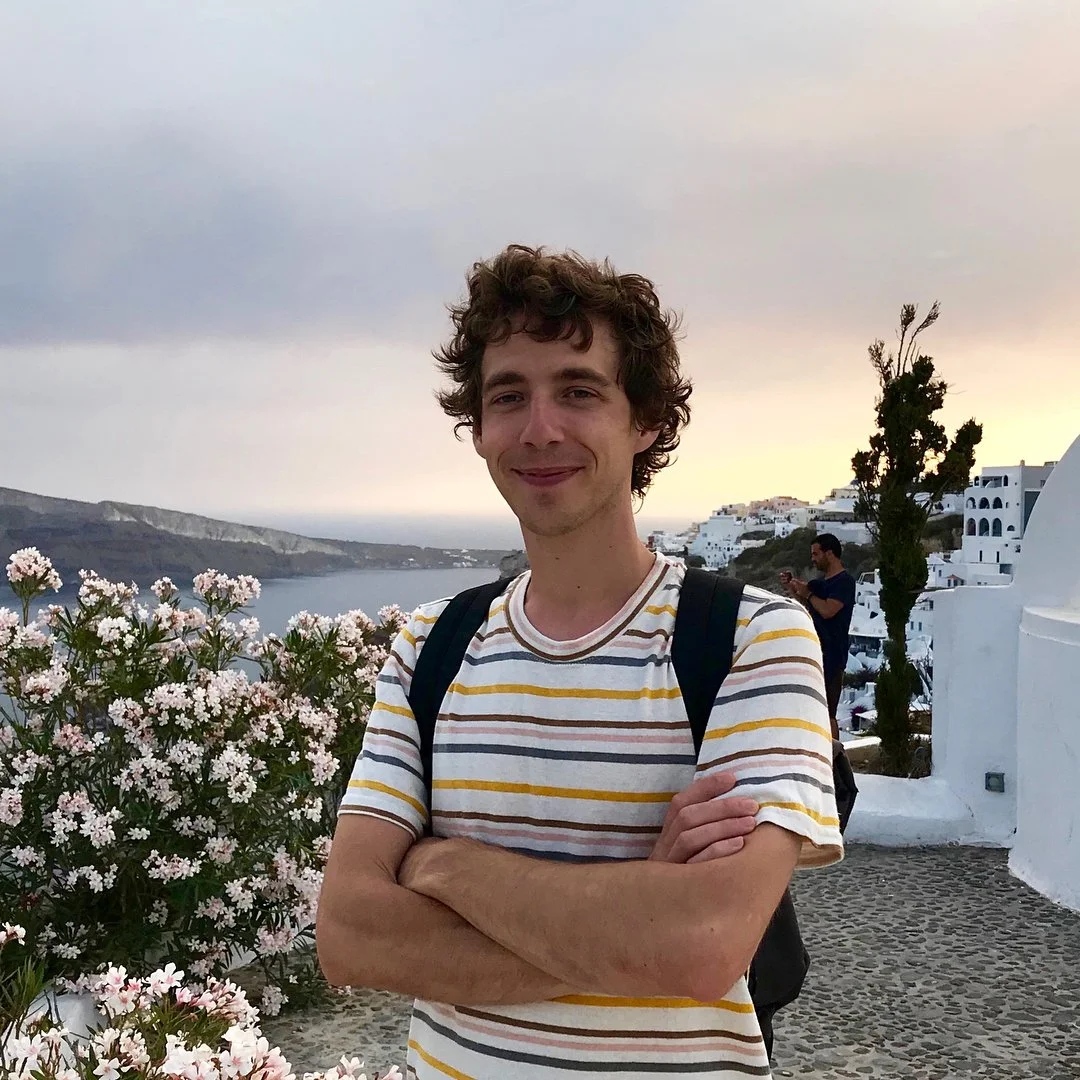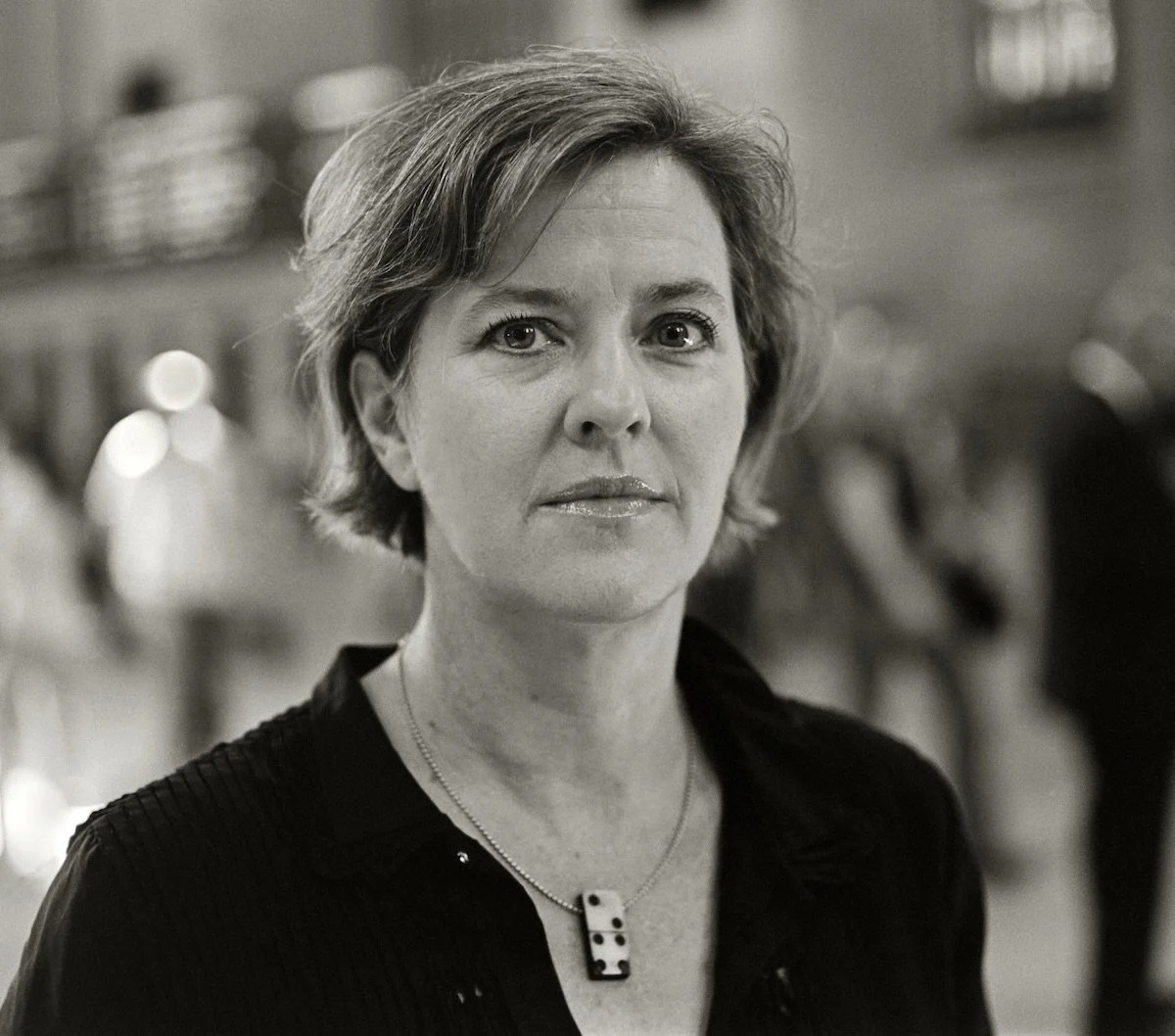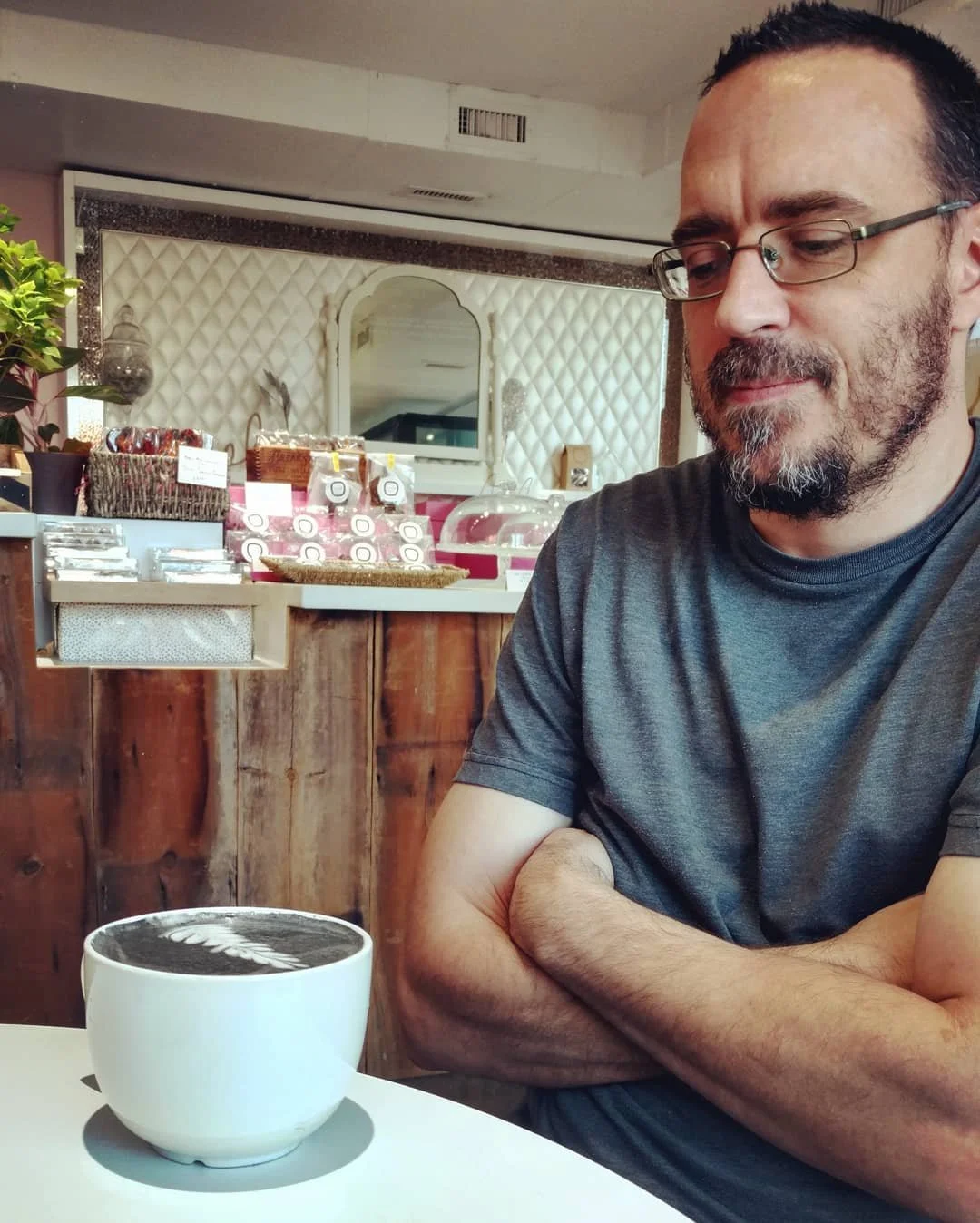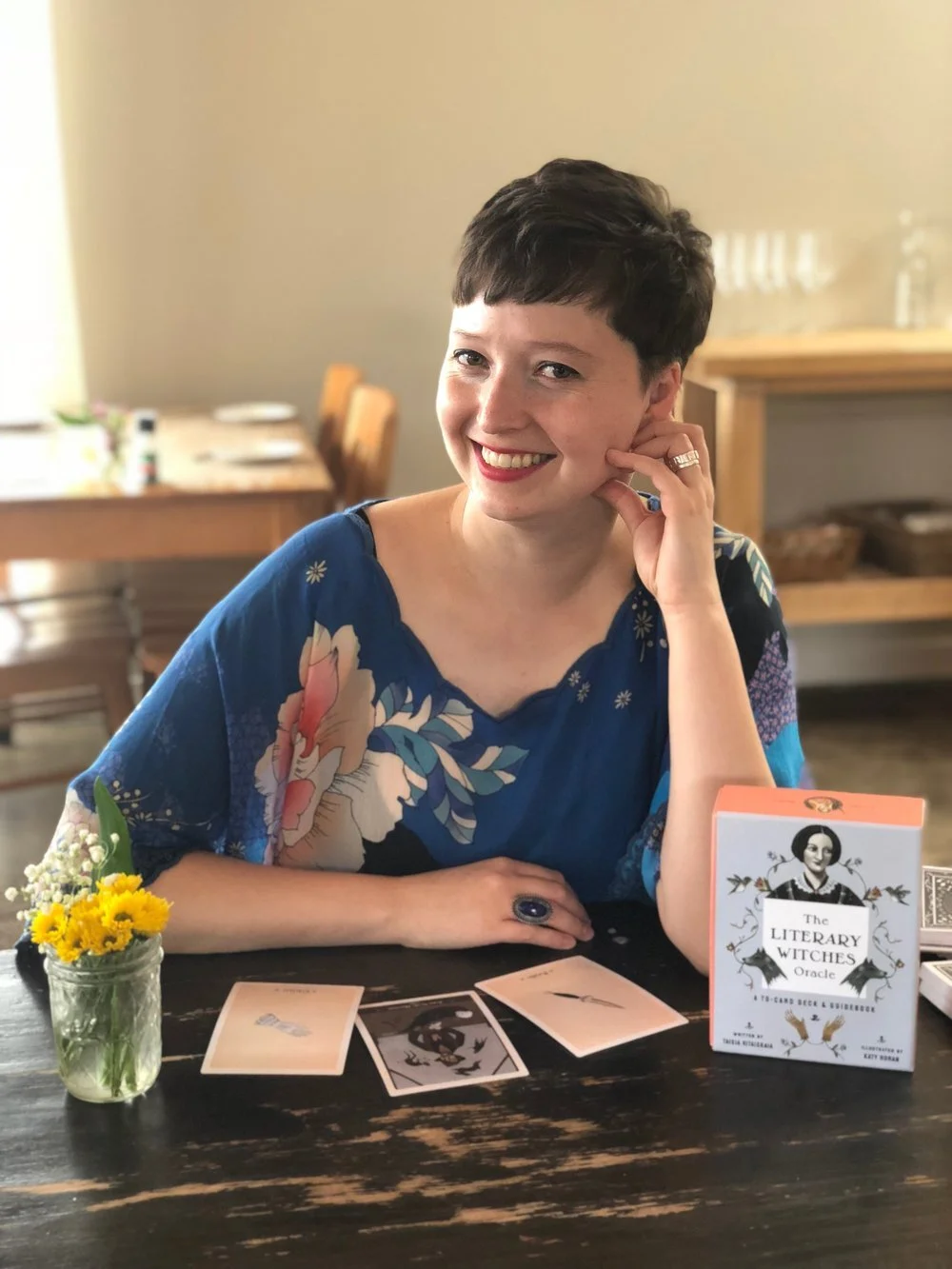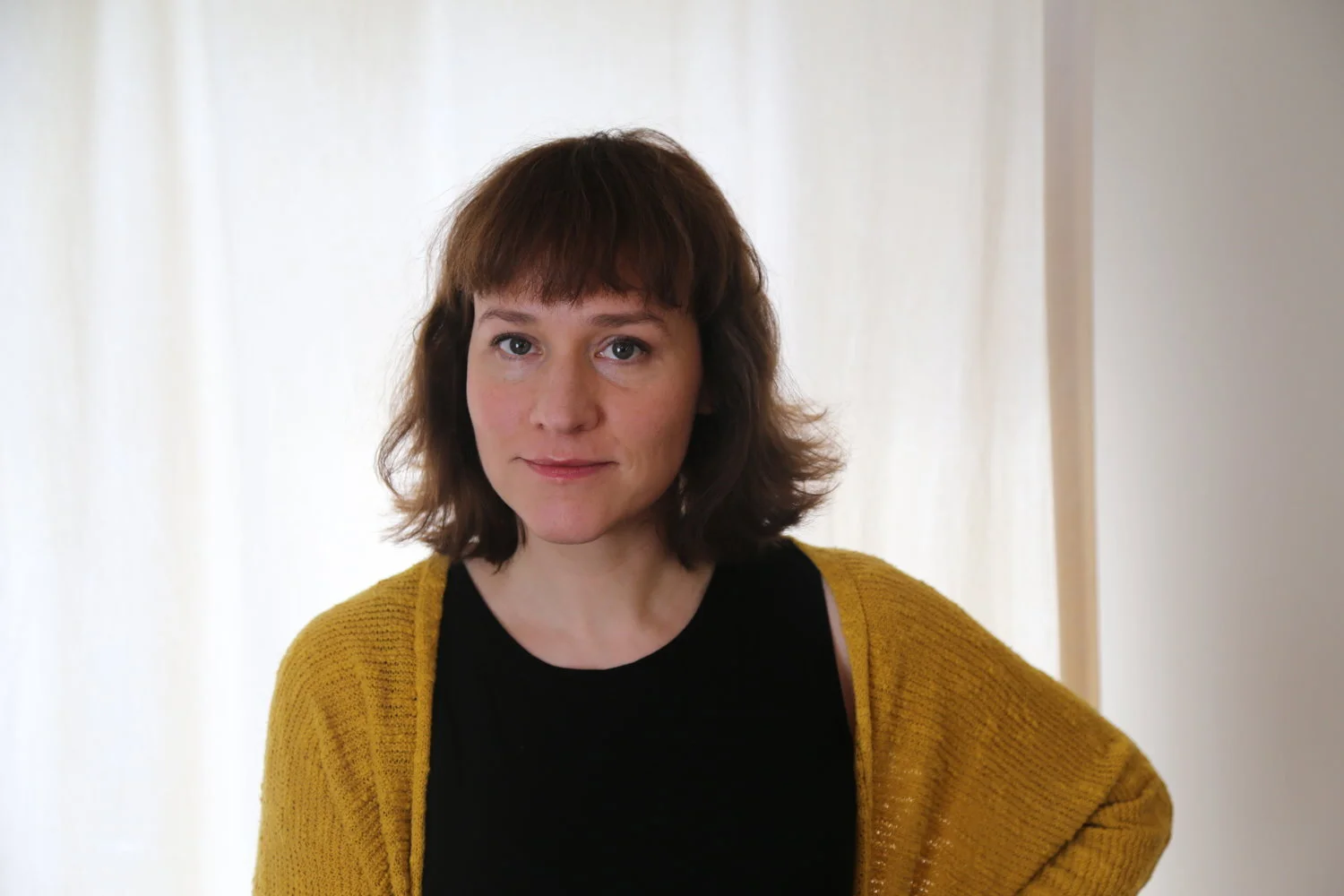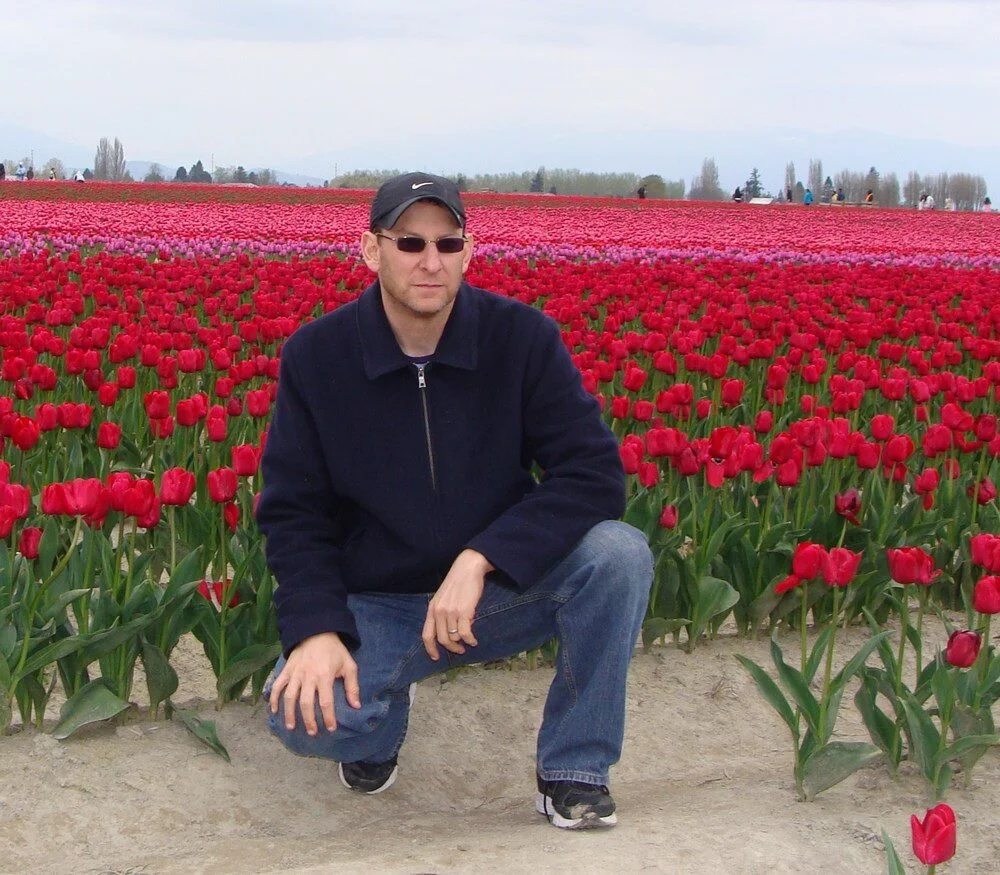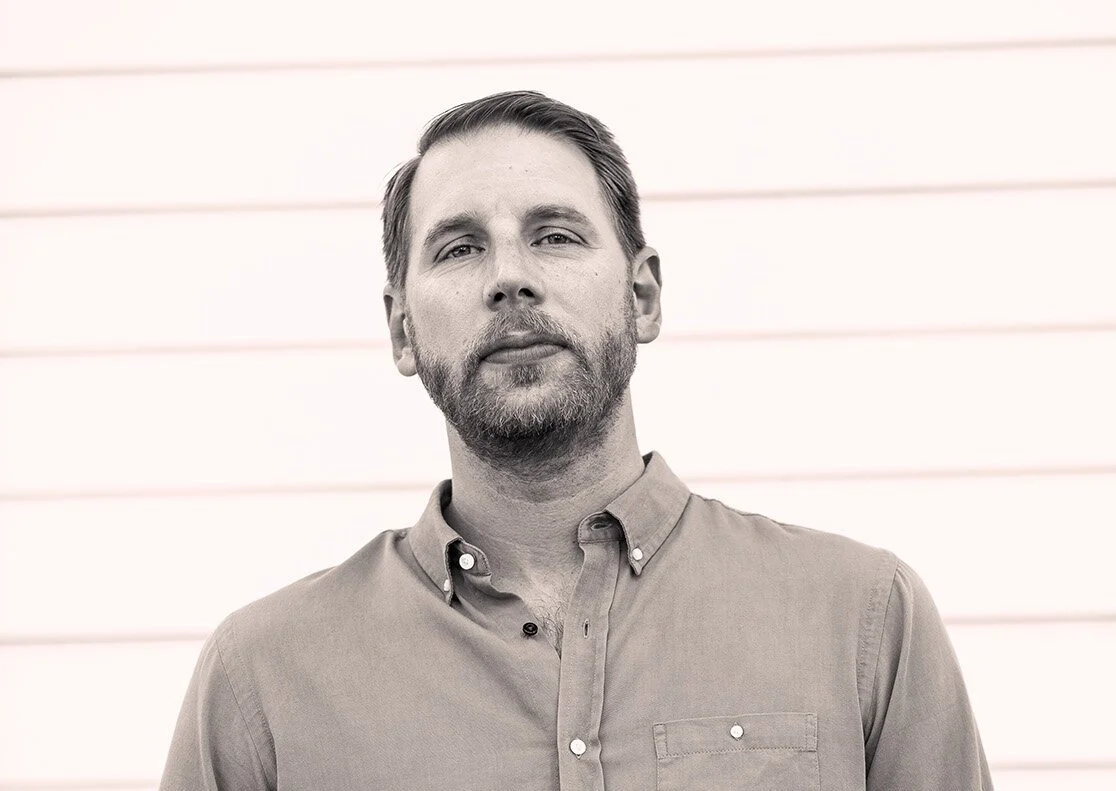At the end of last year, poet David Welch released his debut collection, Everyone who is Dead. Distributed through Spork Press, the collection runs rich with woodland fabulism. Mystics dancing with bottles of both confusion and curiosity. Every page renames the world through magical narratives surrounding a simple cast of characters with often an audience. To open this book is to enter an ongoing play, one that started millions of years ago, and one that will march onward centuries after we’re all gone. I spoke with Welch about the lengthy process of creating his first manuscript, theater, judging a book by its cover, writing advice, one-hit wonders, and much more.
via Everyone who is Dead
If you could read the unpublished works of any author (living or dead), who would it be and why?
Yikes! Are they unpublished because they didn’t want them published, because they didn’t care to publish, or because they hadn’t/haven’t tried to publish them? Sorry for starting off resistant here. Do you remember the book of Bishop’s unpublished work that came out about a decade ago? I side with Vendler on that one, I think.
But more to the spirit of your question—the poet I've never heard of because they were never given the chance to publish.
And if it has to be someone we've already read—O’Hara. I’d love to see what gems he dashed off—or, hell, labored over—and forgot about, or lost, or just didn’t get the chance to publish.
2019 is about to come to a close. How did this year/decade treat you? How do you feel about entering the 20s?
I somehow missed that we were ending a decade (assuming you mark the decade by the Y2K model, so to speak) until a friend recently tweeted that she is going to have end-of-the-decade lists soon and will want to talk about them at length. So, the decade gave me a Twitter account that I check irregularly. (Just checked, I started it in November 2010. Who knew.)
I lost love and found new love this decade. I wrote a book and published it and started on another one. That all seems like a lot. I was lucky enough to travel and to continue being lucky in friendship. The Cubs won a World Series. That seems like a lot, too.
Will the 20s be roaring?
via Everyone who is Dead
Everyone who is Dead was such a wonderful read. I was really enchanted by the woodland setting and audience/boy cohesion throughout. Did you approach this collection with this concept in mind or did these characters/setting simply continue to sprout on the page?
Thank you, first off. That’s wonderful of you to say, and wonderful to hear.
I fell to the Boy/Audience structure as a means of generating material during a poem-a-day sprint I used to do twice yearly. Once I saw what I was doing, I pushed it. The original draft of Everyone who is Dead was 60+ pages of only the Boy and his Audience. That proved, well, boring, though it took me a couple years to realize it.
Perhaps in opposition, did you have any poem(s) during this time of writing that didn't make the cut because it/they contained drastically different characters/worlds?
Moreso poems didn’t make the cut because they sucked. But, I’m sorry to say, it took me a couple years to figure that out, too.
“One Hundred Poems from the Chinese” predates the other poems in the collection, and was originally included in a manuscript that I’d kicked around since about 2009/2010 and finally petered out when I pulled “One Hundred Poems…” and what became “Anecdote of the Fable.” “Anecdote…” was originally fifteen sections and more sprawling in scope, if not form.
Come to think of it, I'm pretty sure I wrote the first draft of "Decalogue" during a seminar in grad school, in 2005 or 2006. So that predates "One Hundred Poems..." by a few years.
Once I repurposed those three for the collection—which was during manuscript edits well after it was accepted—the book's final form finally clicked into place.
They say don't judge a book by its cover, but I have to say the cover (front and back) is what drew me in. Can you speak on this piece and this process for deciding on a cover?
I am absolutely OK with people judging this book by its cover. I’m still gobsmacked by it. There are some alternate color-schemes floating around out there, too. The one I ran across the other day is primarily red rather than yellow.
The cover-art is an original by Richard Siken. He and I had volleyed back and forth about artists and images—a lot of, “I like y, but with less x,” from me in response to what he’d send, etc. Eventually, I received an email from Richard that said something along the lines of “I need you to respond quickly this weekend”—and then Richard sent me drafts of the collage he based the image on, adding to and subtracting from it in response to my responses to his collages. I’m lucky, both that I got to be part of the process and that Richard is such a wonderful artist as well as poet and editor.
via poets.org
Given the folkloric and fabulist stylings of this book, can you name a few books that were sources of inspiration for you during this writing process? Was this collection inspired by any playwrights/plays?
I’d love to say I could directly connect it to Lorca’s puppet plays, but that’d be a stretch.
There’s a playwright named Rebecca Beegle who wrote a piece called “This is How Life is Created,” which was published in FENCE a while back. It’s all dialogue and bizarre and at turns terrifying and operates by an associative logic that’s been stuck in my head since I first read it.
Sabrina Orah Mark’s poems are treasures and between her book Tsim Tsum, Beegle’s “This is How Life is Created,” and poems like Paul Violi’s “Counterman,” there’s certainly an influence on my work and the interest in—insistence of?—dialogues throughout Everyone Who Is Dead.
I think about Tzvetan Todorov's and Kate Bernheimer's writing about fabulism/the fantastic/fairy tales pretty often and love teaching them both. So surely all that bled into the book.
The books I held consciously in mind and returned to while writing it, however, were Mary Ruefle’s Selected Poems, Jack Gilbert’s The Great Fires, and James Tate’s Distance from Loved Ones.
These poems work so well together. Were they all written around the same period of time or over a longer stretch?
Both. Many were written during month-long sprints, though “The Audience” was written as a stand-alone in June 2010 (though it was quickly followed up by “The Idea of Moss” before I seemingly let the conceit sit for a few months). I submitted the manuscript to Spork seven years—nearly to the day, now that I look at it—after "The Audience" was first drafted.
As I noted above, though, the oldest poem in the collection was over a decade old when I put it into the book. So there's the engine, and there's the upholstery. That's a terrible metaphor. I guess what it comes down to is trusting the fact that a poet's poems fit together because the poet wrote them.
Additionally, you strayed away from including blurbs on the back of your book, which I found rather refreshing for a debut collection. Was this something you knew you wanted to avoid all along?
That was an editorial decision by Richard and Drew at Spork—all of the books in these first two years were blurb-free. Due to volume/demand, Spork is switching to off-set printing from letter press, save for special editions. The volumes "made by robots," as they're referring to the change, will have blurbs. Simone Muench and Jericho Brown were kind enough to offer kind words about my work. Those blurbs will be on the new editions, when they’re released.
via Sixth Finch
Your debut collection is still a child in the eyes of the literary world, but what are you currently working on?
A book about Tourette’s syndrome.
Outside of your own work, who/what have you been reading recently? I'm also a music nut, so what album/song/artist has received the most plays from you in recent months?
The most recent books I’ve read are Aria Aber’s Hard Damage, Natalie Shapero’s No Object, and Tarfia Faizulla’s Registers of Illuminated Villages. I’m stoked to read Brandon Krieg’s just-out Magnifier.
Both Big Thief LPs from the past year are getting a ton of play at my place lately. Same with the new Tool album. I’ve really liked the U.S. Girls and Hop Along albums from the past couple years, too. They were tops for me before Big Thief and Tool had new releases.
“I’m in a Weird Place Now” by BC Camplight and “Magazin” by White Denim are on heavy rotation, single-song-wise.
The Afghan Whigs' "Miles Iz Ded" just came on as I'm typing this.
And I’ll always be a sucker for 90s one-hit wonders.
If you can, provide a photo of your workspace or describe with words. What are some essentials while you create?
A friend of mine one time told me he writes poetry in bed, prose in the bath. I wish I was that ritualistic about it.
Long periods of quiet are essential. I need to have time to move back and forth from focus to distraction. That takes different forms, but works best when I’m in control of it and can push off the distractions of my own accord.
via poets.org
For this ongoing author interview series, I'm asking for everyone to present a writing prompt. It can be as abstract or as concrete as you choose.
Take a poem you aren’t too familiar with—whether yours, or one by someone else—and run it through multiple translations (in multiple languages) in Google Translate, preferably all in languages you don't speak. Then translate the end result back into English, whether by homophonic translation, false translation, or English-to-English translation (in the case you circled back around to English in the first place). Attribute source materials as necessary.
In closing, do you have any advice for writers trying to grow and/or make that leap into publication? Or rather, what's something you would have liked to have known when you first started taking your writing seriously?
It’s not novel advice, but read widely—and certainly more than you write—, approaching everything from the mindset that you will like it, even if it’s ultimately not your cup of tea. Try to not get in your own way.
Any final thoughts / words of wisdom / shout-outs? Thank you!
Hi, Mom.
Also, I should note that this book wouldn't be what it is without Jeremy Allan Hawkins.




